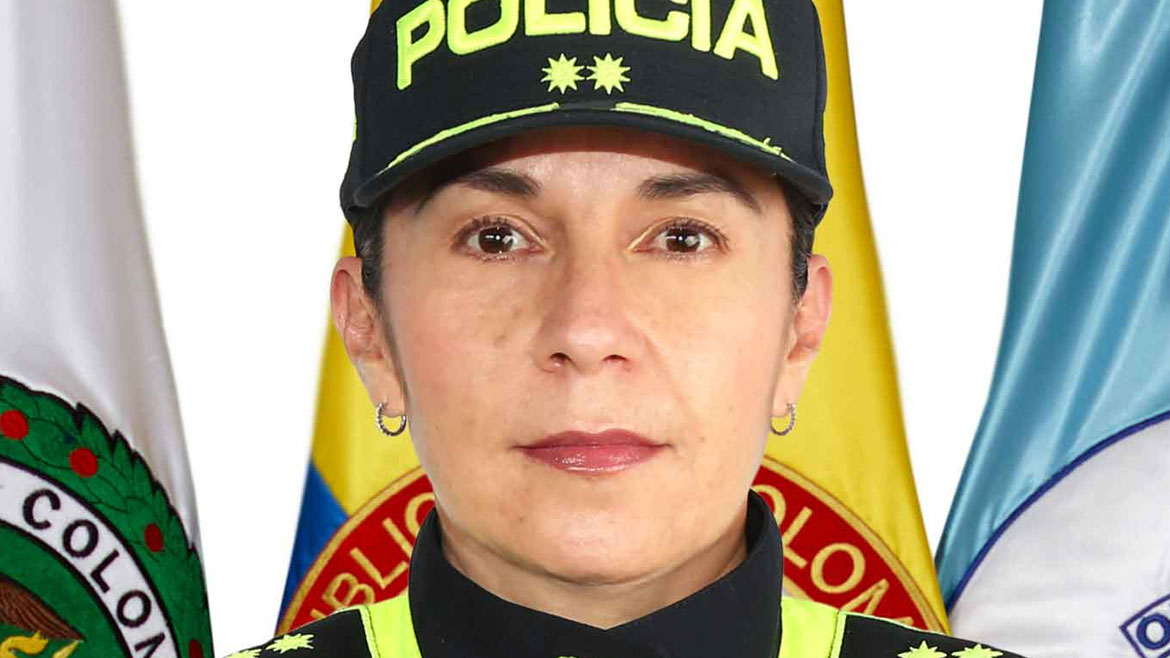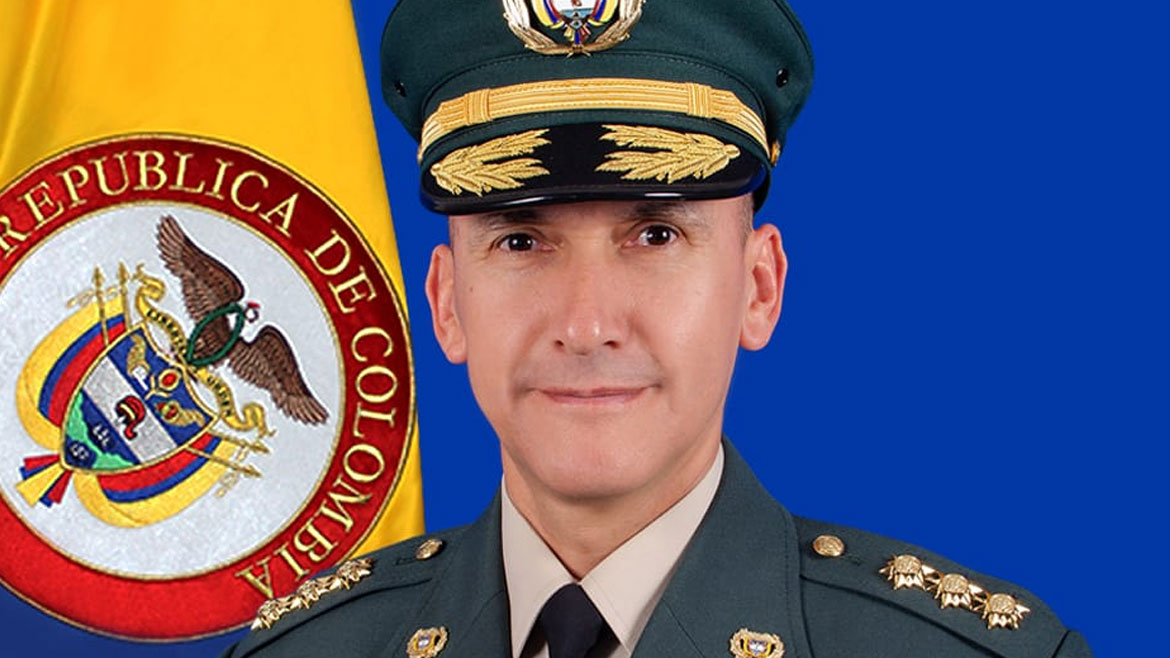Colombia’s President Gustavo Petro ordered an unprecedented and controversial purge of the police as part of a reorganization of the security forces.
Petro’s appointment of a new military command forced 21 police generals and 10 generals of the National Army into retirement and was met with mixed reactions, particularly inside the National Police.
The president and Defense Minister Ivan Velasquez made army General Helder Fernan Giraldo the commander of the armed forces and General Henry Armando Sanabria director of the National Police.
Why the police purge is controversial
A purge to compose a leadership of police and army generals whose philosophy is in line with that of a new president is normal.
However, Petro’s made General Yackeline Navarro deputy police chief in order to “show that this world is no longer a man’s world and is beginning to have an empowered presence of women.”
Petro’s promotion of gender equality caused controversy because Petro’s general equality policy caused a major clash with the National Police’s existing hierarchical order.
This is because the security forces’ hierarchy doesn’t allow any commander to be outranked by their subordinates and Navarro was outranked by 21 generals.
Generals stepping aside to maintain hierarchy is normal, but the retirement of the police’s 21 highest ranking generals is unprecedented in the organization’s 69-year history.
Multiple anonymous commanders told weekly Cambio that Navarro’s appointment as deputy “weakened” the National Police.
Some even said that the unprecedented mass retirement “dismantled” much of the organization.
Colombia’s main political forces were significantly less pessimistic about the purge of the National Police, which has been marred by scandals over corruption and human rights violations.
Colombia’s police inspector threatened as chief submerged in corruption scandals
Restoring Colombia’s military doctrine
Petro’s reorganization of the National army was considerably less controversial.
General Luis Mariano Ospina was promoted to commander of the National Army and will serve under Giraldo.
Both generals are supporters of the so-called Damascus doctrine, which was developed under former President Juan Manuel Santos between 2011 and 2016 with the security forces of the United States and Chile.
The Damascus Doctrine sought the adaptation of the security forces to possible threats posed after the 2017 demobilization and disarmament of the now-defunct guerrilla group FARC.
The military all but abandoned its doctrine under former President Ivan Duque, whose far-right Democratic Center party opposes the ongoing peace process.
Colombia abandons Cold War military doctrine, gets ready for 21st century
The challenges ahead
Petro reorganized the security forces as they are facing major challenges ahead.
Ahead of his election, the president promised the first police reform since they were made part of the armed forces after a military coup in 1953.
Petro has also vowed to seek a negotiate a “Total Peace” with illegal armed groups like guerrilla group ELN and groups formed after the partial demobilization of the FARC and paramilitary organization AUC.
The president also vowed to combat corruption, which has particularly crippled the National Army and the police.




